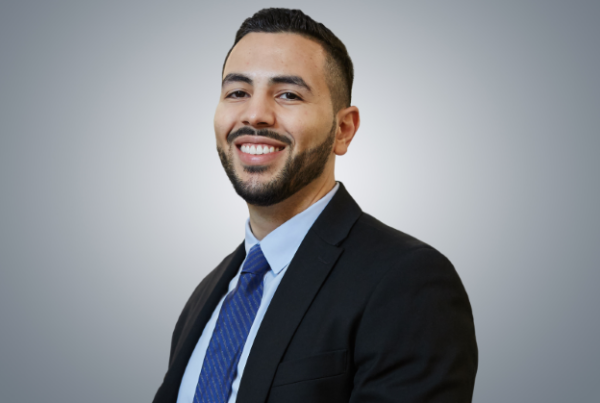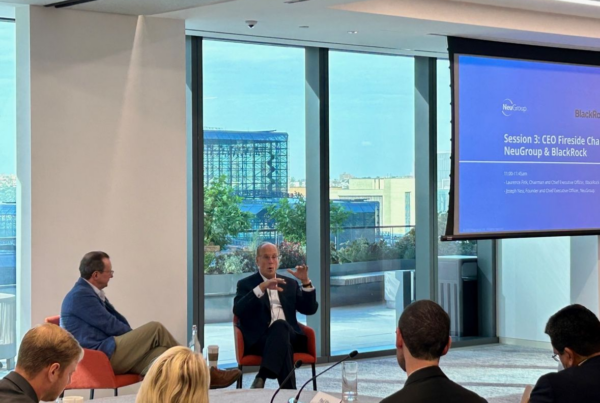
NeuGroup’s European Treasury peer group held a great hybrid meeting at HSBC’s Continental European HQ in Paris last week led by peer group leader Paul Dalle Molle, our first opportunity for an in-person meeting in 30 months. A big thanks to the thirty-five EMEA treasurers who participated in the event, which had an ESG thread running through every session. Special thanks to JP Huguet, Karine Autet, Anne-Marine Filiatre, Roman Heineman and the entire HSBC team for being a superb host for the event and a great sponsor for the 1H2022 cycle.
Levi Strauss & Co. provided the highlight of the event, with Manuel Baigorri, Mario Hurtado, and James Rossi outlining their multi-year journey to a comprehensive ESG Supply Chain Finance with their HSBC partner, Sibel Sirmagul. There were many takeaways from their experience, both strategic and tactical, including on their KPIs, program governance, shared platform, supplier criteria, monitoring, scoring, etc. The most important, according to Mr. Dalle Molle, were the twin notions that the SCF program is an enabler of their company’s very robust and long-standing ESG program and an evolution and enhancement to their very long-term approach to supplier relationships.
HSBC’s presentations included a macroeconomic briefing from the bank’s Global Chief Economist, Janet Henry, who outlined the current environment for corporate treasures: military conflict between Russia and Ukraine; economic conflict between Russia and the Western democracies; global supply chain shocks; slower economic growth; higher inflation, especially from surging commodity prices; a re-think on globalization; and the longer term trends of energy transition, ESG and higher European defense spending.
The update on US and EU ESG legislation and IFRS disclosure standards from Thuy-Tien Gluck, Head of Corporate Sustainability, focused on raising members awareness that 2022 and 2023 are watershed years in the consolidation and application of regulations and standards on corporate reporting and accountability. Companies must pay close attention to the details of these and their implementation dates.
The session on ESG liquidity investments from Martin McNamara and Athanasios Tsimponakis highlighted how demand for ESG Money Market Funds continues to grow exponentially. However, unlike the situation with longer-term investments in equities, fixed income, and real assets, where there is a wide choice of ESG-investible assets, short term investments are constrained by a lack of ESG market standards and a highly restricted investible universe. Corporate cash needs to be invested in ultra-safe, highly liquid, short-term instruments, and HSBC showed how an ESG portfolio can be created using Bank Deposits, Money Market Funds and Short/Low Duration portfolios, as well as how the regulation is changing to accommodate more ESG flexibility.
ESG risk hedging markets continue to innovate, as explained by Paul Harvey, by layering ESG KPIs on conventional hedging instruments, thus providing the principals with a financial incentive for improved ESG performance. Paul highlighted a sample list of such transactions plus contractual terms and potential KPIs.
We also had two members-only sessions, on their projects and priorities for 2022-2023 and their top concerns right now. Russia remains by far the biggest immediate worry, with many specific concerns there including finding replacement banks, transferring trapped cash, what to do with unpayable inter-company loans, how to account for the Russian business, avoiding the calling of bank guarantees, how to pay taxes in a sanctions-compliant way, etc. The other items at the top of their near-term agendas are migration to SAP’s S4HANA; finding the best corporate card partner; and optimizing bank groups in a time of heightened global risks and rapid digitization of corporate treasuries.


